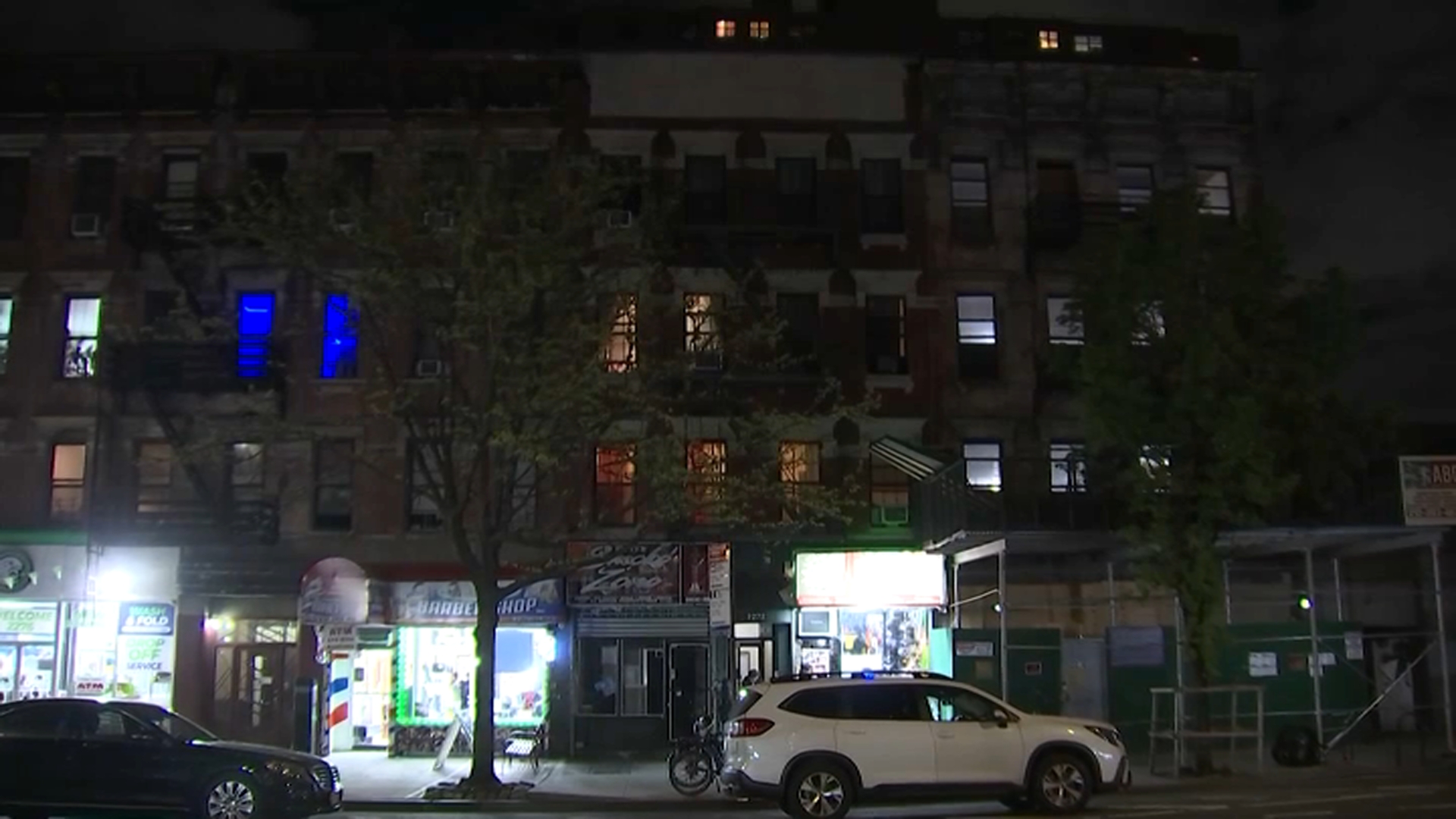A state audit found New York public schools have been socking away hundreds of millions of dollars in reserve accounts that they can't touch now in the midst of a budget crisis.
Comptroller Thomas DiNapoli's office identified $615 million that school districts have been holding "unnecessarily." He said last week that the districts placed more money than they would ever need in reserve accounts for employees to receive accrued sick and leave time when they leave their jobs.
The problem is that state law designates those accounts for a specific purpose, and now the money remains largely untouchable — costing taxpayers millions at a time when the state has an $8.2 billion budget deficit and schools could face cuts.
"Many districts were putting money into those funds to help pay for the cost of health insurance coverage for retirees," said Dave Albert, a spokesman for the state School Boards Association. "It turns out the funds cannot be used for this purpose. As a result, there are some districts that have more money in those funds than they need."
Lawmakers would have to pass legislation to give districts more freedom in how money in employee funds is used. That's exactly what DiNapoli recommends.
His idea is to create legislation allowing school districts to set aside reserves to pay for future retiree health care costs. That would get the money out of the accounts where it's currently stranded and help the schools prepare for more financial stability in the future, when the cost of retiree health coverage is expected to grow exponentially, DiNapoli said.
The comptroller said school districts across the state also have missed cost savings opportunities and made "questionable" payments.
Local
The audit found $615 million set aside by 285 school districts and BOCES. It also turned up $265 million in missed cost savings and questionable payments, including: $140 million in missed Medicaid reimbursements; $25 million in improper contract payments; $49.4 million in contracts that did not benefit from competition, among other missed opportunities for savings.
"That's money that could have been used to lower property taxes," DiNapoli said. "Now more than ever, every dime counts."
DiNapoli's proposed legislation was designed to keep schools more accountable for their finances through transparency and help with financial planning. He also suggested legislation that would give school boards the authority to create new funds to offset tax increases that are more than 2.5 percent of the tax levy.
"We support the comptroller's legislation to provide more flexibility in funds," Albert said.
Robert Lowry, deputy director of the state Council of School Superintendents, said that group also supports DiNapoli's proposal. He pointed out that much of the money that was put into the untouchable funds was part of an effort to be responsible by preparing for anticipated increased costs for retiree health care.
If they could actually use the money for retiree health costs, that would be a valid use of the money, Lowry said. The problem is they put it in a type of account that won't let them do that. DiNapoli said the schools have more money than they will ever need to cover employees' accrued sick and leave time when they leave their jobs — but the excess can't be used any other way.



